Why Pest Inspections Matter When Buying or Selling a Home in Virginia
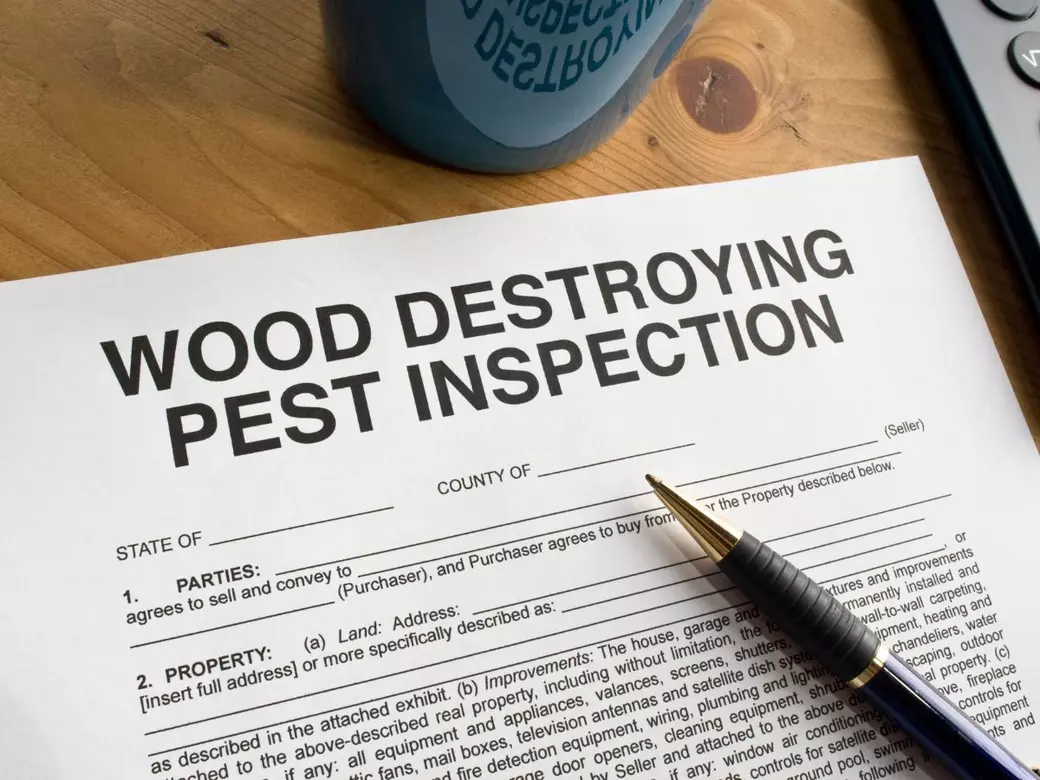
Do You Really Need a Pest Inspection to Buy or Sell a Home in Virginia?
Let’s be honest—when you think about buying or selling a home, “pest inspection” probably isn’t the first thing that comes to mind. But if you’re a first-time home buyer, a seller getting ready to list, a military family PCSing to Virginia, or even a land buyer planning to build, understanding pest inspections can save you time, money, and headaches during your real estate journey.
In fact, pest inspections aren’t just about checking for a few unwanted critters. In many cases, they can make or break your ability to close on a home—especially if you’re using a VA loan or an FHA loan.
Let’s dive into what a pest inspection really is, why it’s important, and how to navigate it like a pro.
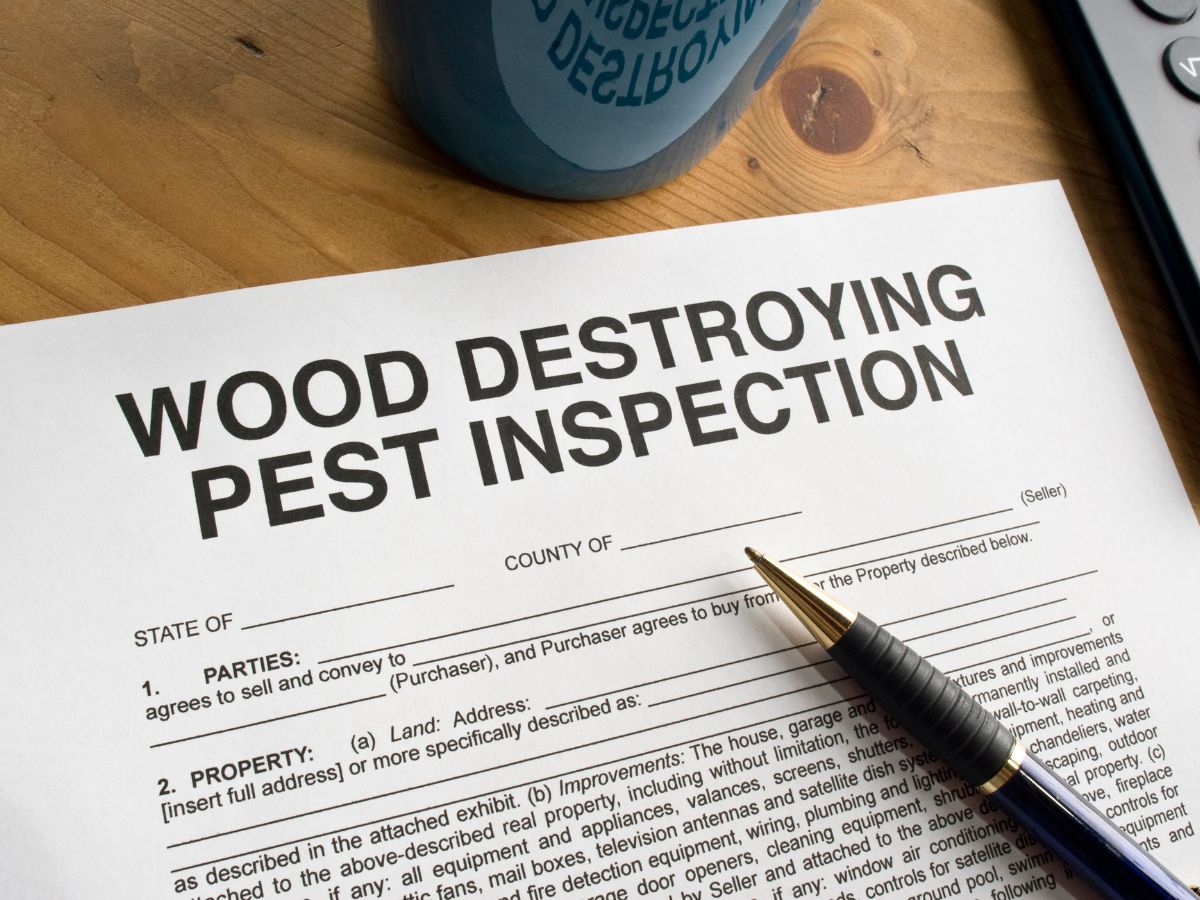
What Exactly Is a Pest Inspection?
A pest inspection is a specialized evaluation of a home’s interior and exterior to check for evidence of wood-destroying insects and other structural pests. Think beyond just termites—this includes carpenter ants, carpenter bees, powderpost beetles, and more.
Here’s how it typically works:
-
A licensed pest control inspector is hired—often by the buyer—to examine the property.
-
They check basements, attics, crawl spaces, garages, window frames, door trims, decks, porches, and even the soil around the house.
-
They look for active infestations, past damage, signs of moisture, and areas at risk for future problems.
-
The inspector then issues a Wood Destroying Insect Report (WDI or NPMA-33), which is shared with both the buyer and seller (and lender).
✅ If you’re buying a home with a VA loan, this step is non-negotiable.
Why Pest Inspections Are Crucial (Even if You Don’t See Bugs)
You might be thinking, “There’s no visible pest problem in this house, so why do I need an inspection?” Great question—and it’s one I hear often from both buyers and sellers.
Here’s why it still matters:
-
Pests can cause thousands of dollars in hidden damage. A small termite issue today can become a major foundation problem tomorrow.
-
VA, FHA, and USDA loans often require it. If you’re using one of these programs a clean pest report is mandatory.
-
It helps with negotiations. If an issue is found, buyers can request treatment or repairs before closing—or walk away with their earnest money intact.
-
It offers peace of mind. For first-time buyers especially, a pest inspection adds an extra layer of security during what can be a stressful process.
What Kinds of Pests Are They Looking For?
Many people associate pest inspections with termites—and rightfully so—but the scope is broader than that. A proper pest inspection might turn up:
-
Termites – The most infamous wood-destroying insect.
-
Carpenter ants – They hollow out wood to build nests, weakening the structure.
-
Carpenter bees – These guys drill into exposed wood, causing long-term rot and decay.
-
Powderpost beetles – Tiny beetles that feast on hardwood floors and beams.
-
Moisture-related mold and mildew – While not pests, these are often flagged in tandem due to the same high-moisture conditions that attract insects.
What Happens If the Inspector Finds Pests or Damage?
If the pest inspector finds evidence of wood-destroying insects or related damage, a few things can happen:
-
Treatment is required. The seller typically pays for pest remediation—spraying, baiting, or sealing entry points.
-
Repairs may be negotiated. If damage is found, it may need to be fixed before the loan is approved.
-
The deal could fall through. In extreme cases, if buyers and sellers can’t agree on repairs or remediation, the contract can be canceled—though this is rare.
✅ Don’t panic. A good REALTOR® can help mediate solutions that keep everyone on track.
When Should You Get a Pest Inspection?
Buyers usually order a pest inspection during the due diligence period, right after going under contract. It’s often scheduled alongside the home inspection and water quality testing if there’s a well.
Sellers, on the other hand, can benefit from doing a pre-listing pest inspection. Why?
-
It shows buyers your home is well-maintained.
-
You can fix any issues before they scare off potential offers.
-
It smooths the path for VA, USDA. and FHA buyers.
In competitive real estate markets being proactive gives you an edge.
What Does a Pest Inspection Report Look Like?
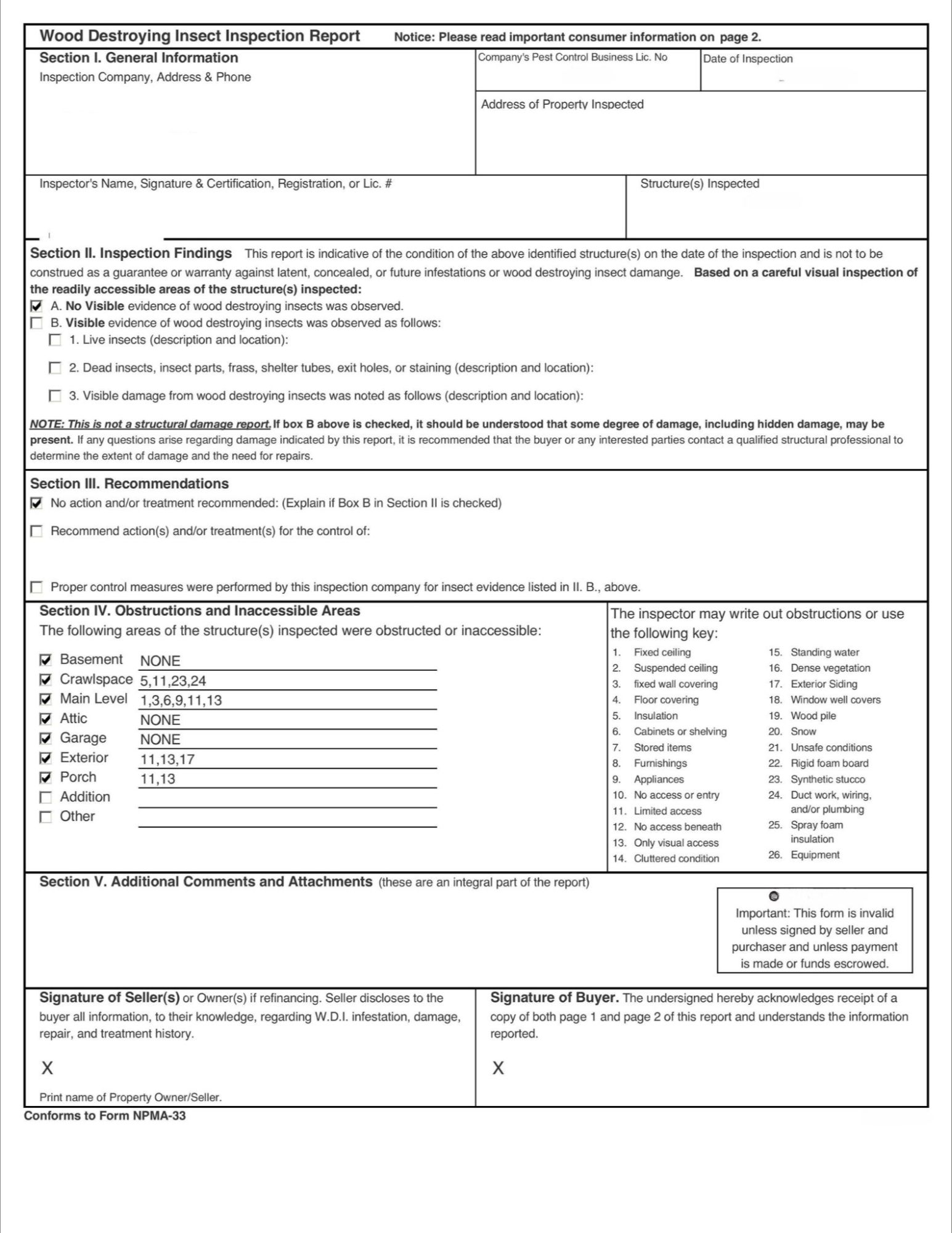
Once the inspection is complete, you’ll receive a written report (often the NPMA-33 form). It includes:
-
Areas inspected and inaccessible
-
Evidence of active or past infestations
-
Recommendations for treatment or monitoring
-
Signatures from the licensed inspector
✅ Keep this report handy—it’s required for your mortgage file and may be requested during closing.
Final Thoughts: Make Informed Moves With Confidence
Buying or selling a home comes with a lot of moving parts—and a pest inspection is one of those critical steps that often gets overlooked until the last minute. But understanding its role early on can help you avoid delays, save money, and protect your investment.
Whether you're planning to purchase your first home, preparing to list your property, relocating to Virginia with the military, or buying land to build your dream house, being proactive about pest inspections is just one way to stay ahead in the process. It’s all about making informed, confident decisions that align with your goals.
As you move forward, keep in mind that the right information—and the right support—can make a big difference. Real estate doesn't have to be stressful when you understand what to expect and how to navigate the details with care.
Categories
Recent Posts
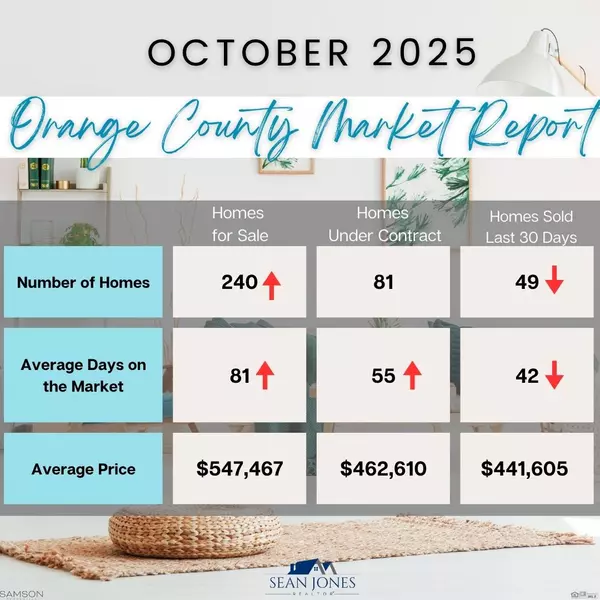

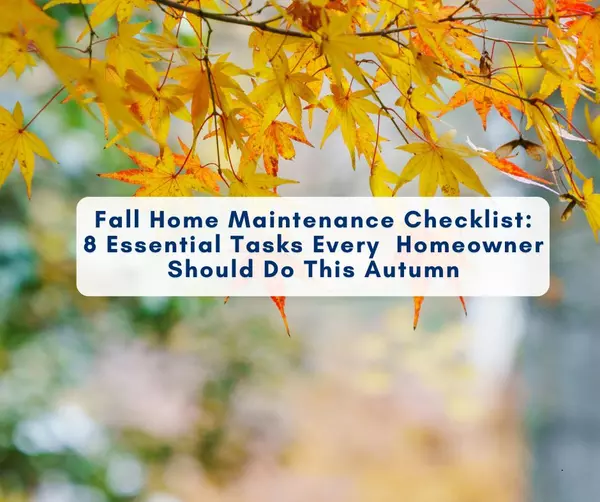
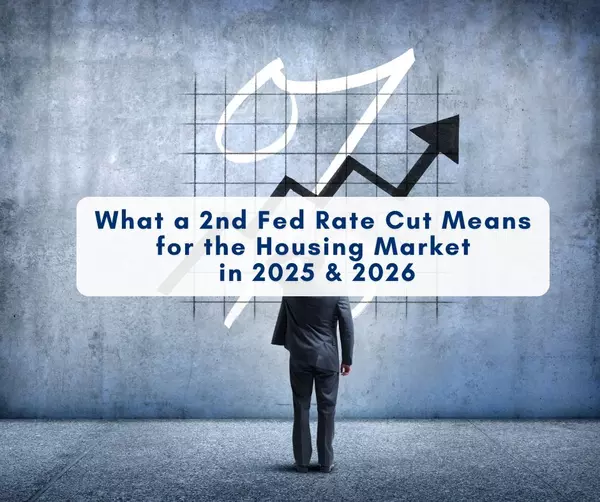

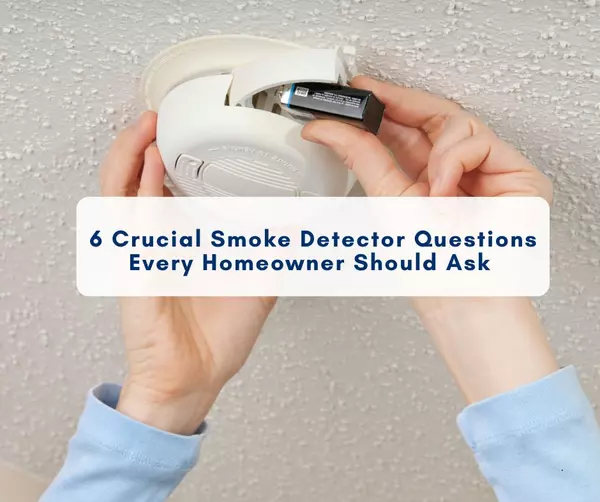





Buying a home isn’t just a financial decision—it’s a deeply personal journey filled with hopes, dreams, and big life changes. That’s why choosing the right real estate professional is one of the most important steps you can take.
A knowledgeable and experienced REALTOR® does more than open doors and write offers. They’re your advocate, your problem-solver, and your steady guide through what can sometimes feel like an overwhelming process. Whether it's navigating a competitive market, negotiating on your behalf, or keeping things on track behind the scenes, the right agent is there to protect your interests every step of the way.
In the end, buying a home should be an empowering experience. With the right person by your side—someone who brings both expertise and heart—you can move forward with confidence, knowing you're in good hands with Sean Jones.
GET MORE INFORMATION
